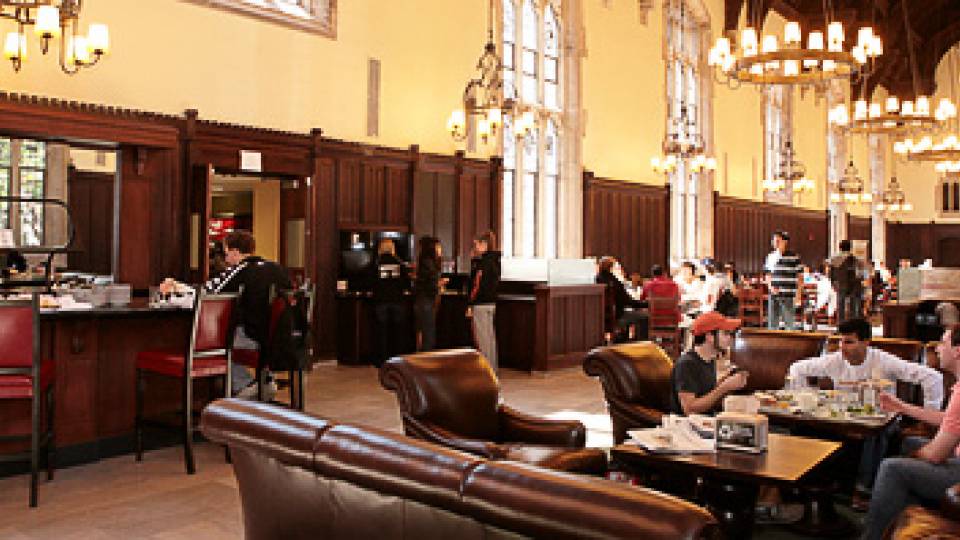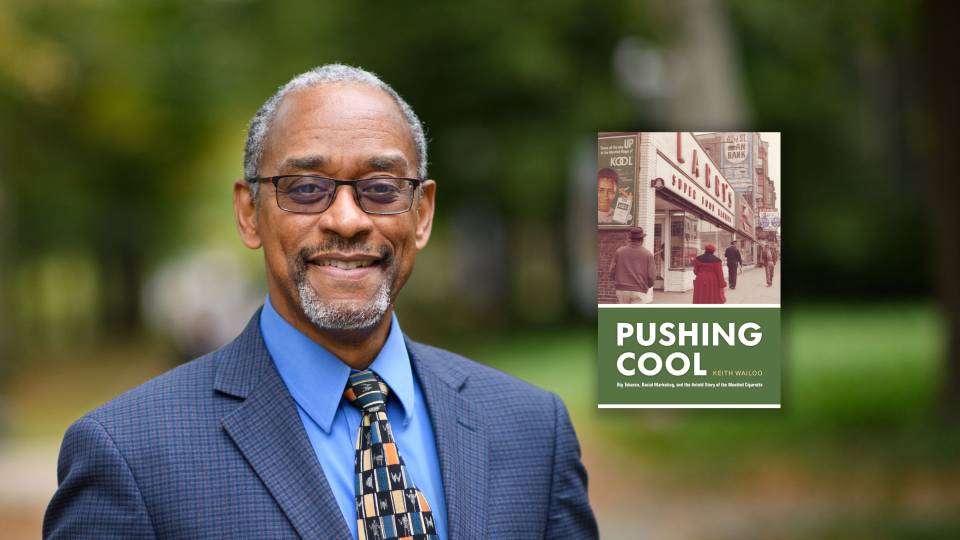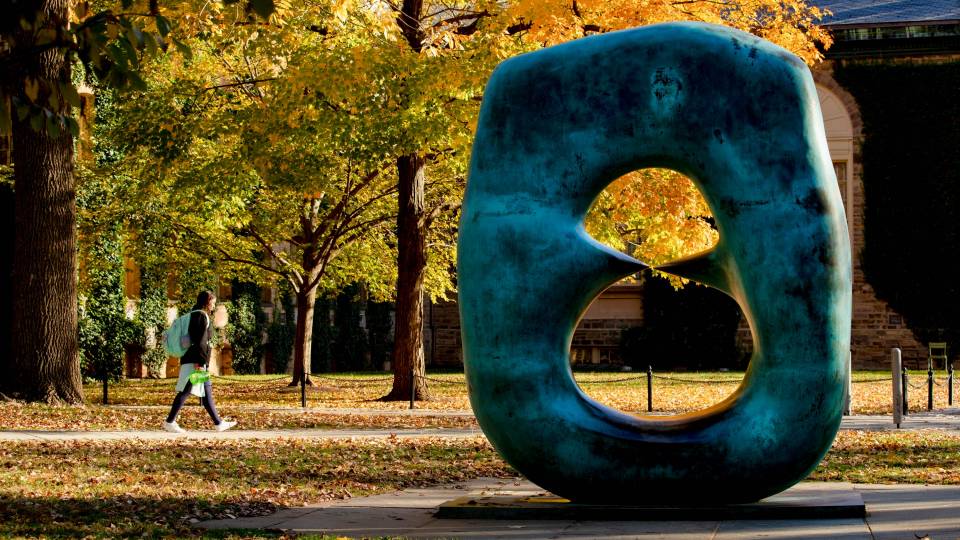Concerned about the effects of second-hand smoke and following peer institutions, Vice President for Campus Life Janet S. Dickerson announced she has accepted student recommendations to prohibit smoking in undergraduate dormitories. Dickerson also has asked the Office of the Dean of Undergraduate Students and Office of Housing to involve students in formulating regulations for implementing the new policy, which becomes effective in the fall.
"This has been an issue under consideration for many years due to the concerns about both second-hand smoke and fire hazards," Dickerson said. "The work of the Undergraduate Life Committee (ULC) determined that a vast number of Princeton undergraduates strongly support smoke-free housing. The ULC also noted its respect for individual rights to smoke but found this right did not outweigh the rights of others to be free of second-hand smoke."
The ULC began focusing more intently on smoke-free housing at the start of the 2004-05 academic year upon reviewing policies related to substance-free dorms, Dickerson said. The process, co-chaired by senior Juan Lessing, included extensive student involvement through surveys and discussions. The ULC cited several factors for recommending the new policy including:
- New information regarding the risks of second-hand smoke and smoking in college, including a study by the Harvard School of Public Health that stated college students who live in smoke-free residence halls are 40 percent less likely to take up smoking than their counterparts who live in housing where smoking is permitted.
- The decrease in air-quality caused by second-hand smoke because the smoke cannot successfully be contained to individual dorm rooms. Most ducts in individual rooms are connected to ducts in common areas.
- The increased potential for fire hazards. Approximately 35 fire alarms annually are set off on campus due to smoking, and there have been fires caused by smoking in rooms, including a 1993 fire that caused minor injuries to a student, the evacuation of 150 students and $350,000 in damage.
- A 2004 health survey showing that less than 17 percent of undergraduates smoke and, of those, about 85 percent said they hope to stop smoking before they graduate. A Web survey with 275 respondents showed that 63 percent of undergraduates supported smoke-free housing.
- The prohibition of all or most smoking in dorms at all other Ivy League universities and many other institutions.
Currently, smoking is prohibited in all common areas of Princeton's undergraduate dormitories and residential colleges. Smoking is permitted in private residential rooms, but rights of nonsmokers prevail over those of smokers. Smoking also is prohibited in classrooms and offices on campus.
Dickerson noted that while the strongest argument against smoke-free housing relates to individual rights, the American Civil Liberties Union -- while supporting the individual's right to smoke -- also has supported the right of institutions to protect individuals from second-hand smoke. She said the Undergraduate Student Government has asked for students to be involved in the formation of regulations and that she is confident students will help develop well-conceived recommendations for implementing the new policy.


